Cases
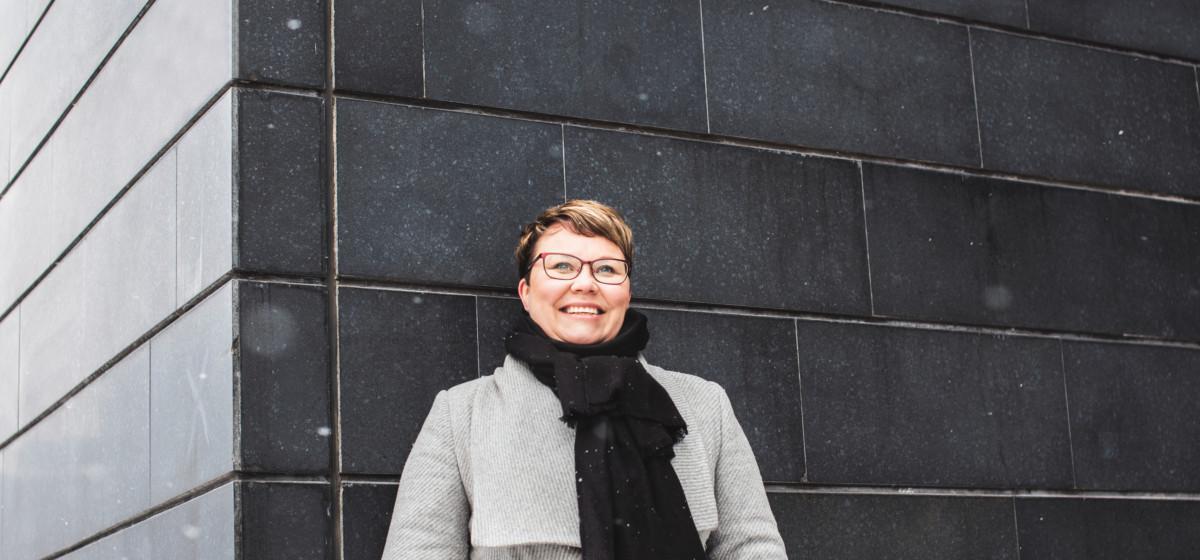
Citizens' city
All services in one place: DigiOne project is the next step in the digital leap of education
Published:
Teachers around Finland start their days by opening their laptops. Next, they log in to a multitude of services for the daily schedule, taking attendance in classes and learning materials. In the ideal world, quick and easy-to-use services would save time for interaction.
In reality, days at school for both teachers and students are filled with inserting your username and password, filling in the same information and opening new tabs over and over again.
DigiOne project in Vantaa, the third largest city in Helsinki-Uusimaa Region, hopes to solve these problems by creating a platform to collect all services under the same umbrella and to help information flow freely from one application to another.
“DigiOne platform is like the user interface on your smartphone, such as Android or IOS. The platform is the basis on which new applications can be developed and used”, explains Kirsi Lehto, the project director of DigiOne.
The project is led by the city of Vantaa along with the cities of Espoo, Oulu, Turku and Tampere and Kuntien Tiera alliance at the beginning of 2021, with more to come. The long term plan is to have DigiOne present at all levels of education from early childhood to vocational or highschool education. The project is supported by Business Finland, the government body for innovation funding and business promotion.
Helping teachers focus on students
One of the goals of the DigiOne project is to create synergy between cities. At the moment, each Finnish city acquires and researches new digital services by themselves. DigiOne makes it possible for cities to purchase new services together and for those services to be comptabile for all cities to use.
In addition, the shared platform can collect information for teachers to notice the challenges students might be facing in or outside the classroom. For example, if a student is late for class, teachers can access earlier attendance information to see whether the student tends to be late often, or has just recently started missing the morning bus and provide the necessary support for this student’s needs.
“Our goal is that DigiOne saves money and time and helps teachers focus on their students instead of inserting the same information manually to different websites throughout the day”, Lehto says.
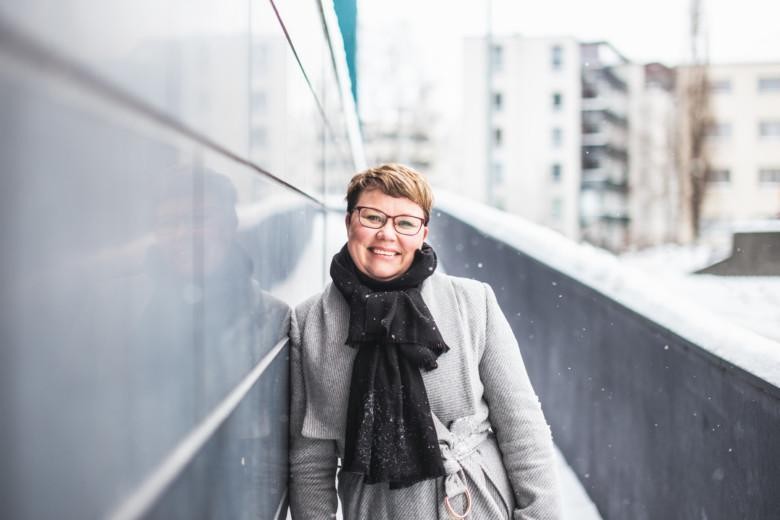
A school day from the future
When DigiOne is launched to pilot schools in 2023 and around Finland in 2024, the start of the school day will look different to students and teachers. Students can find all the applications and services available in one interface and teachers can move from timetable application to daily tasks and the last night’s homework with just a couple of clicks.
Even a change as large as the coronavirus pandemic has not shifted the project, but quite the opposite.
“The effects of the coronavirus pandemic and distance learning have made it clear how important the shared platform is as a new step in the digital leap”, Lehto says.
Image credit Annukka Pakarinen
DigiOne project
- Digital education project led by the city of Vantaa
- Co-operation of five Finnish cities consisting together of 148 750 students and 12 200 teachers
- Launched in 2020, to be finished in 2023
- A budget of 10,8 million euros
- 20 full-time employees, many with educational background
DigiOne project
- Digital education project led by the city of Vantaa
- Co-operation of five Finnish cities consisting together of 148 750 students and 12 200 teachers
- Launched in 2020, to be finished in 2023
- A budget of 10,8 million euros
- 20 full-time employees, many with educational background
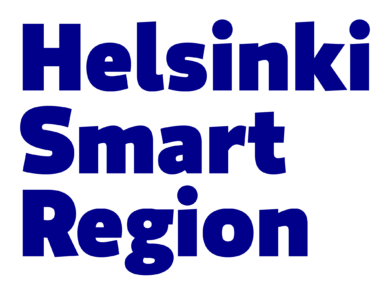






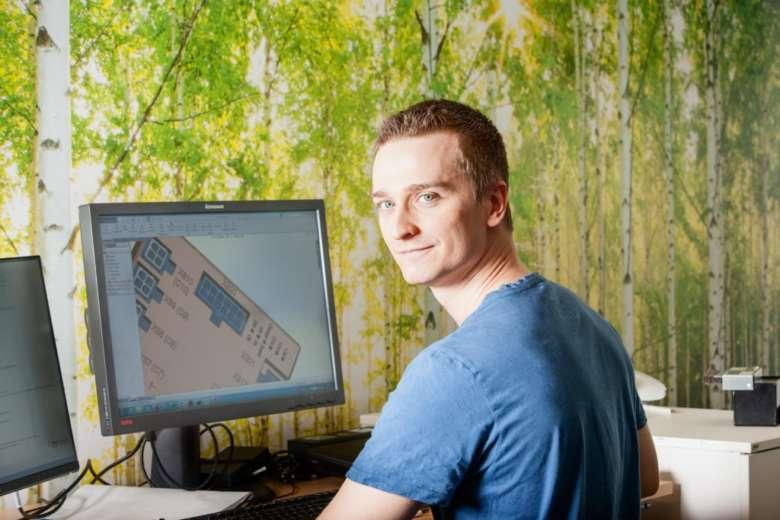
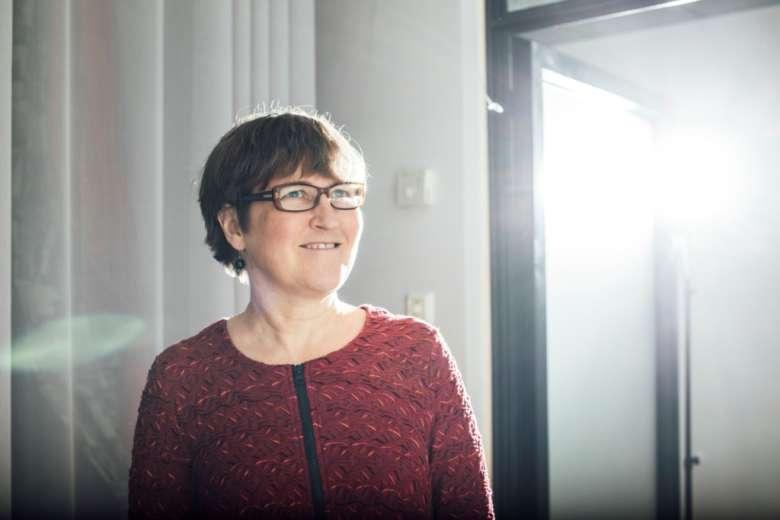
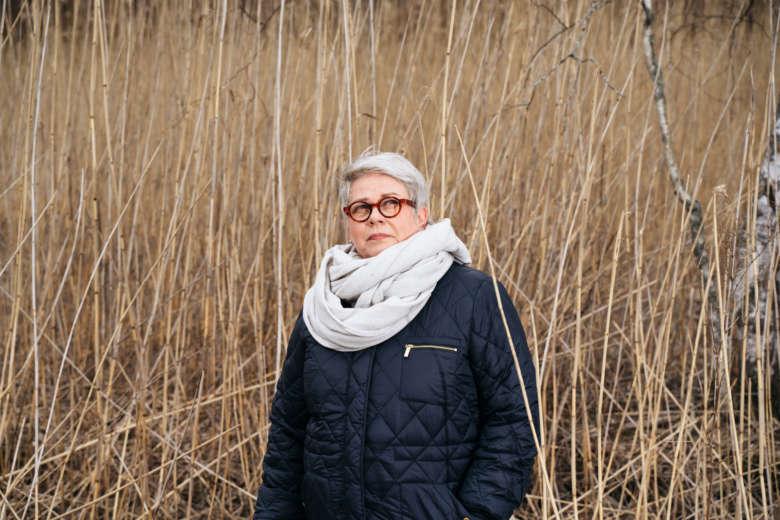
 Return to listing
Return to listing